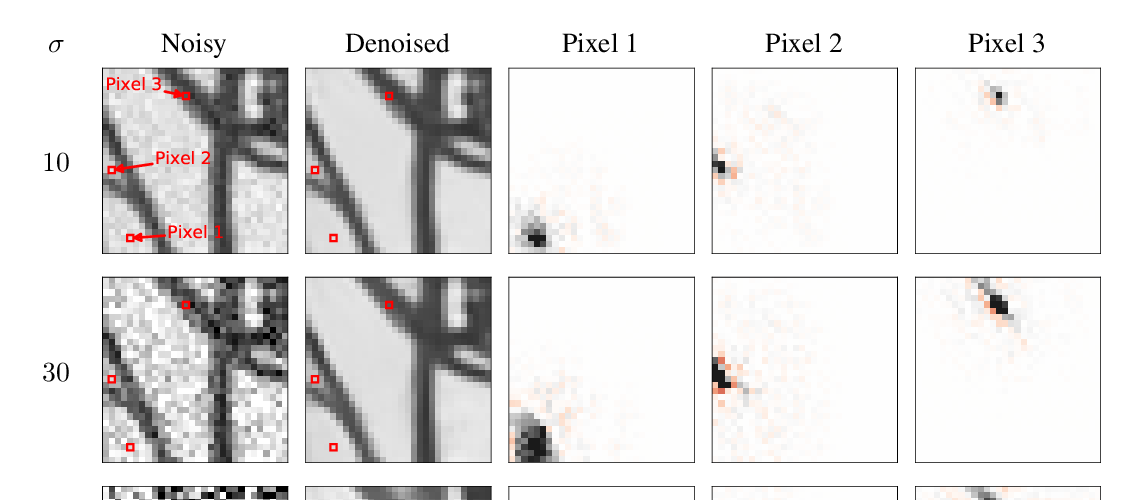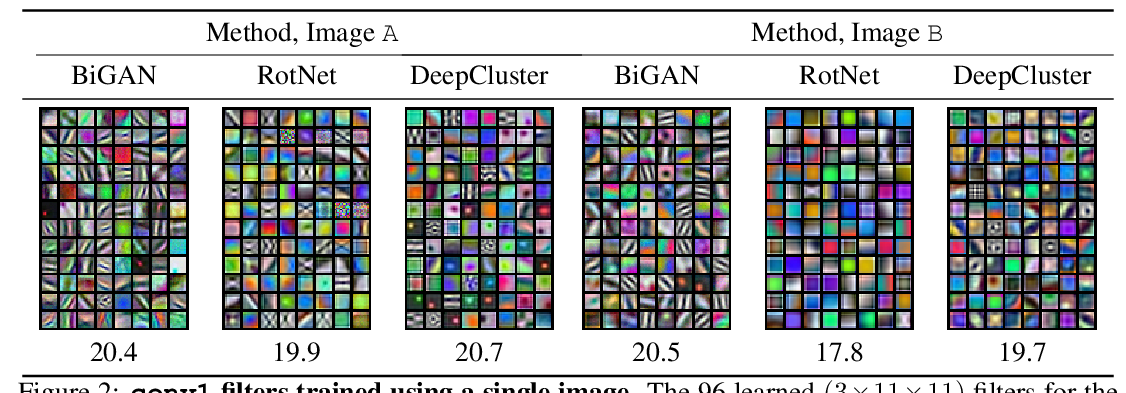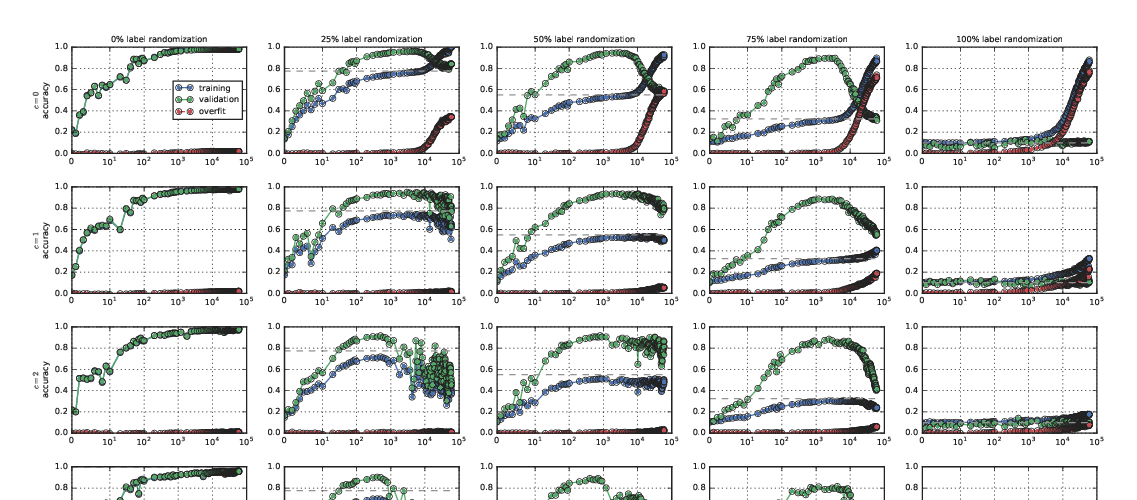Abstract:
Convolutional Neural Networks (CNNs) have emerged as highly successful tools for image generation, recovery, and restoration. A major contributing factor to this success is that convolutional networks impose strong prior assumptions about natural images. A surprising experiment that highlights this architectural bias towards natural images is that one can remove noise and corruptions from a natural image without using any training data, by simply fitting (via gradient descent) a randomly initialized, over-parameterized convolutional generator to the corrupted image. While this over-parameterized network can fit the corrupted image perfectly, surprisingly after a few iterations of gradient descent it generates an almost uncorrupted image. This intriguing phenomenon enables state-of-the-art CNN-based denoising and regularization of other inverse problems. In this paper, we attribute this effect to a particular architectural choice of convolutional networks, namely convolutions with fixed interpolating filters. We then formally characterize the dynamics of fitting a two-layer convolutional generator to a noisy signal and prove that early-stopped gradient descent denoises/regularizes. Our proof relies on showing that convolutional generators fit the structured part of an image significantly faster than the corrupted portion.



